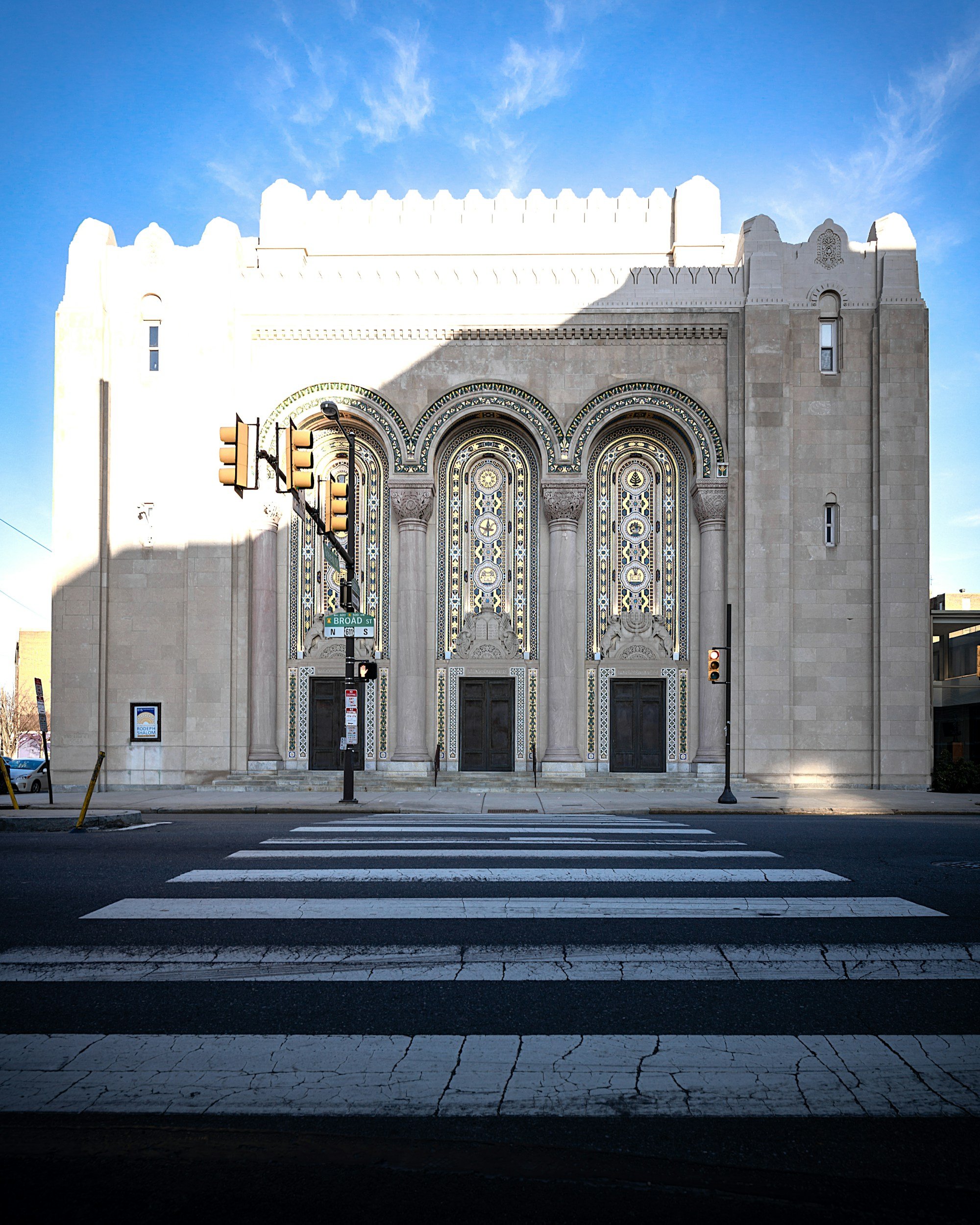WCC Schedule of Events at SCS/AIA 2025 (Philadelphia, PA)

Thursday, January 2 Events
-
COGSIP/LCC/WCC Joint Reception
When: Thursday, January 2, 2025 at 9:00-11:00pm EST
Where: Independence 1 & 2
Theme: Classic Kin: A Costume (Optional) Party
Mommy/daddy issues? Sibling rivalries or philadelphia? Embroiled in a tragic household or are you seeking solace with sister Sapphists? Want to join some jocular satyrs, or is the Theban band more your thing? Come as your favorite classical or even classic family character and make some new acquaintances and build some community at the SCS Philadelphia opening-night reception as we celebrate our award winners and kick off the 2025 annual meeting.

Friday, January 3 Events
-
Mentorship Coffee
When: Friday, January 3, 2025 at 9:30-11:30am EST
Where: TT10 Table in the Exhibit Hall
-
WCC Open Business Meeting (virtual)
When: Friday, January 3, 2025 at 1:00-2:00pm EST
Where: online (link below)
-
LCC/WCC Student Happy Hour
When: Friday, January 3, 2025 at 9:00-10:00pm EST
Where: Good Dog Bar (224 South 15th St, Philadelphia, PA 19102)
This event is hosted by Anna Muh and Kate Stevens. All students and recent PhDs welcome!

Saturday, January 4 Events
-
Mentorship Coffee
When: Saturday, January 4, 2025 at 9:30-11:30am EST
Where: TT10 Table in the Exhibit Hall
-
Roundtable Session, "Mentoring Meet-and-Greet: Programs, Best Practices, and How to Connect"
When: Saturday, January 4, 2025 at 1:00-2:00pm EST
Where: Franklin Hall or online
Organized by Morgan Palmer

After the Conference
-
Abstract deadline for WCC Panel
When: Monday, February 10, 2025
Panel: A Monster of Our Own Creation: Rethinking Classical Reception in Children’s Literature
Organized by Aisha Dad, at AIA/SCS 2026 in San Francisco
Submit an anonymized abstract via the following Google Form (link below)
-
WCC Virtual Conference
When: Friday, February 28, 2025
Conference: Embodying Women’s Colonial Experiences
Organized by Savannah Sather Marquardt and Maddalena Scarperi
Call for Papers for Panel Sponsored by the Women’s Classical Caucus
SCS/AIA 2026, JANUARY 7-10, 2026, SAN FRANCISCO
A Monster of Our Creation: Rethinking Classical Reception in Children’s Literature
Organized by Aisha Dad, UNC Greensboro
The Women’s Classical Caucus invites abstracts for the 2026 WCC Panel: A Monster of Our Creation: Rethinking Classical Reception in Children’s Literature. The paper presentations for this panel will examine how classical mythology is retold in children’s literature with a critical view towards how these retellings create distorted views of race, gender, and sexuality.
The controversy surrounding the casting of Leah Sava Jeffries, a young black actress, as Annabeth Chase in the Disney+ series “Percy Jackson and the Olympians” only scratches the surface of the problems that plague classical reception in children’s literature. While Riordan wholeheartedly and publicly endorsed the casting of Jeffries as Annabeth Chase, it does not detract from the fact that the book series portrays Annabeth, a ‘child’ of Athena, as a girl with white skin and blond hair. What this controversy brings to the forefront is the problematic question who the rightful inheritors of classical mythology are (if anyone), and how this has been represented and negotiated, historically and in the present day, in children’s literature (Murnaghan and Roberts 2018).
The genre of children’s literature also brings forth the complexities of how mythology is made suitable for children and to what effect (Lovatt 2009). ‘Inappropriate’ mythological content is easily altered or obscured for children, but it is often done without consideration of the dangerous subtexts such alterations can create as when, for example, Persephone’s violent abduction is substituted with consent. Children’s literature has the unique quality of exposing the social and moral fault lines of society, because nothing demonstrates our adult anxieties more than the stories we tell our children (Nodelman 2008, Stephens and McCullam 2013).
This panel would welcome papers on classical reception in children’s literature from around the globe, especially from literary traditions historically marginalized by the discipline of Classics. We also seek papers that delve into questions regarding the representation of the ‘inheritors’ of classical mythology, particularly in American and European children’s literature. After all, according to Riordan, the Greek gods have settled over the Empire State building as their ‘logical’ new home. But we ask, why can’t the Greek gods settle over Burj-al-Khalifa? Reception in children’s literature, especially in America and Europe, is not simply the re-telling of ancient mythology. It is the transmission of a discipline fraught with insularity concerning race, gender, and sexuality—it is a monster of our creation.
We invite submissions that delve into the problems of classical reception in children’s literature and that offer new ways to analyze, assess and rethink this growing field of classical reception. Possible topics include (but are not limited to):
classical reception in global children’s literature
cultural inheritance or cultural ‘othering’
depictions of the racial identity of mythological figures and/or their fictional descendants
handling of sexual and gendered violence or nonconsensual episodes
portrayal of monstrosity
role of gender and sexuality
inclusion or exclusion of neurodiversity
representation of disability
Please send abstracts that follow the guidelines for individual abstracts (see the SCS Guidelines for Authors of Abstracts) via Google Form to Aisha Dad, University of North Carolina Greensboro by February 10, 2025.
Please ensure that the abstracts are anonymous.
The organizers will review all submissions anonymously, and their decision will be communicated to the authors of abstracts by March 5, with enough time that those whose abstracts are not chosen can participate in the individual abstract submission process for the upcoming SCS meeting.
Works Cited
Lovatt, Helen. 2009. “Gutting the Argonautica? How to make Jason and the Argonauts Suitable for Children.” In Classics for All: Reworking Antiquity in Mass Culture, edited by Dunstan Lowe and Kim Shahabudin. Newcastle upon Tyne: Cambridge Scholars Pub.
Murnaghan, Sheila and Deborah Roqilberts. 2018. Childhood and the Classics: Britain and America, 1850-1965. Oxford: Oxford University Press.
Nodelman, Perry. 2008. The Hidden Adult: Defining Children's Literature. Baltimore: Johns Hopkins University Press.
Stephens, John and Robyn McCullam. 2013. Retelling Stories, Framing Culture: Traditional Story and Metanarratives in Children's Literature. Hoboken: Taylor and Francis
